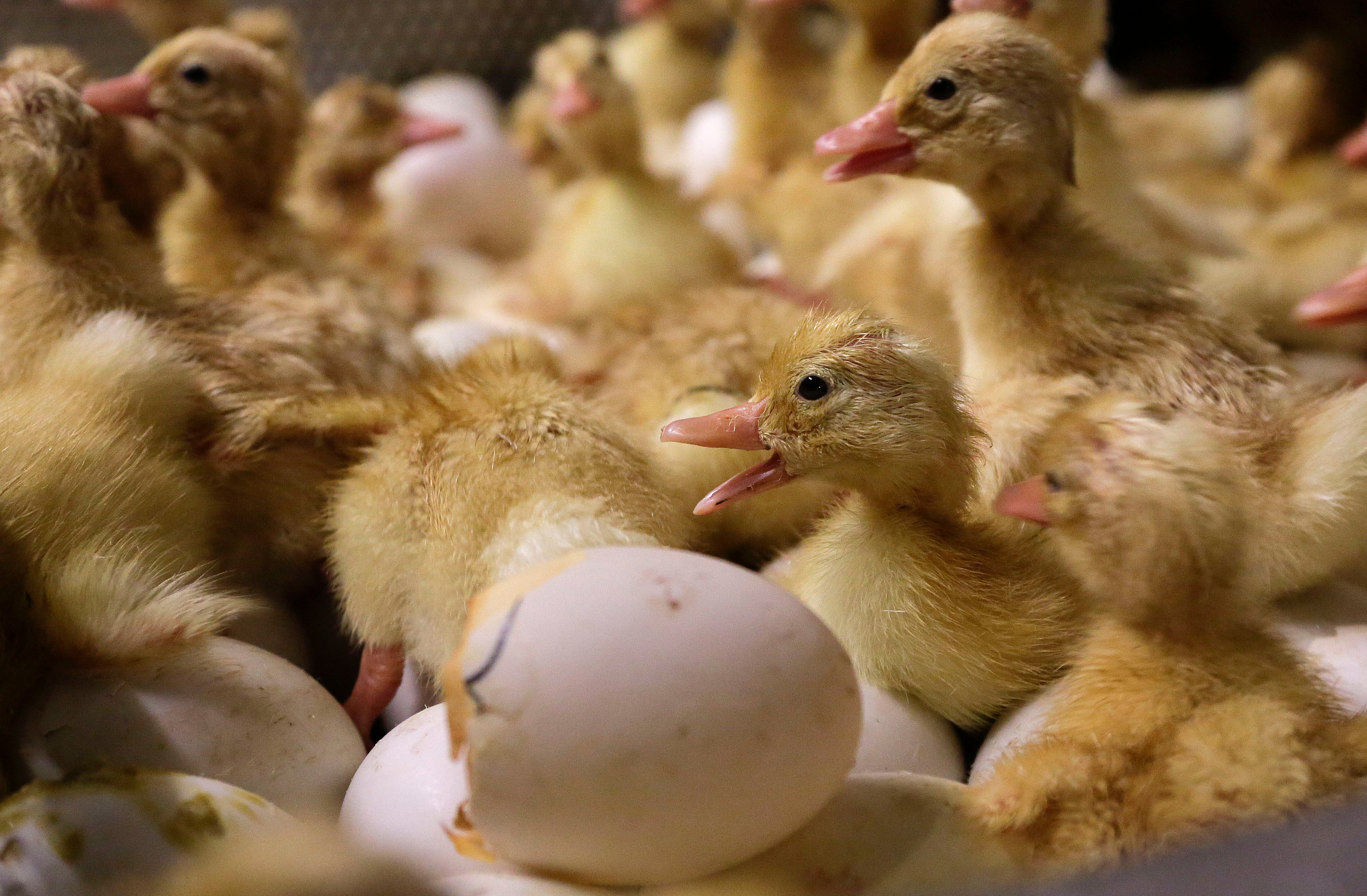While the Trump administration has halted government health agency communications with the public through the end of the month, concerns abound regarding the continued spread of bird flu that has resulted in mass cullings, closed parks, and driven egg prices through the roof.
Cases of the virus have taken the lives of animals across the U.S., in commercial and backyard flocks, at zoos, and in parks.
A park in Massachusetts was closed indefinitely due to a potential outbreak less than a week after more than 60 Canada geese, swans, and ducks were found dead under an hour away.
Infections and deaths have also been reported at the Wildlife Zoo and Aquarium outside Phoenix, a wildlife sanctuary in Washington state, at Virginia’s Richmond Metro Zoo, at Chicago’s Lincoln Park Zoo, and at Honolulu Zoo. The San Francisco Zoo and Omaha’s Henry Doorly Zoo closed their aviaries in response to the threat.
Zoo officials are on high alert, Dr. Anne Burgdorf-Moisuk, associate vice president of animal health and welfare at the Dallas Zoo, told The Dallas Morning News in an interview published on Monday.
“Although what’s happening now is a bit different — the virus has mutated a bit — HPAI is something that zoo veterinarians have had to watch out for for a really long time,” Burgdorf-Moisuk said. “We have protocols in place for disease outbreaks like HPAI, foot and mouth disease and lots of issues that could be problems for a zoo.”
Since March 2024, 67 human cases and one death have been reported in 10 states around the U.S. The majority are in dairy and farm workers, with exposure to infected flocks and herds. The U.S. has reported its first outbreak of H5N9 bird flu on a duck farm in California, the World Organisation for Animal Health said on Monday.
Although health officials have insisted that the risk to the public remains low in recent weeks and no human-to-human transmission has been tracked, the nation ramped up its response in the last few weeks of Joe Biden’s presidency.
There’s been increased testing in raw milk and cheese, and the Centers for Disease Control and Prevention said hospitals treating individuals for the flu should test them for bird flu within a period of 24 hours.

“The more time that passes, the more [a patient’s] memories fade,” Nirav Shah, the agency’s senior advisor, told The Washington Post.
At this point, it remains unclear how the Trump administration will respond to the spread, but a Biden administration health official said the incoming team had been sent “all of the information on [their] work.”
Monitoring the situation is critical, experts say, especially at the height of flu season and as hospitals are gradually overwhelmed with other viruses.
Scientists say now that while a pandemic is not inevitable, the outbreak has passed some troubling milestones.
Dairy herds in Idaho that were infected in the spring also displayed mild symptoms for a second time in the late fall, The New York Times said Monday.
“I’m still not pack-my-bags-and-head-to-the-hills worried, but there’s been more signals over the past four to six weeks that this virus has the capacity” to set off a pandemic, Richard Webby, an influenza expert at St. Jude Children’s Research Hospital, told the publication.







